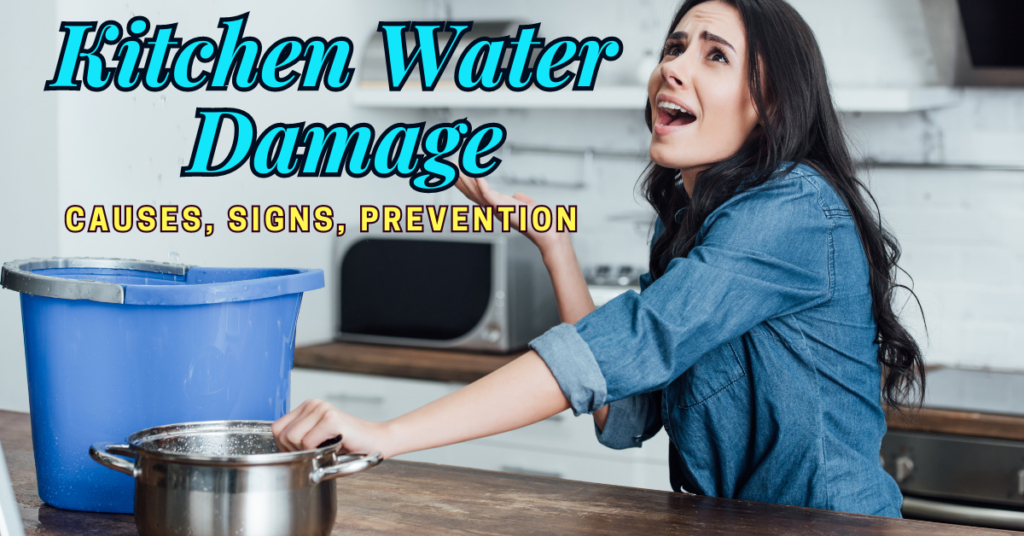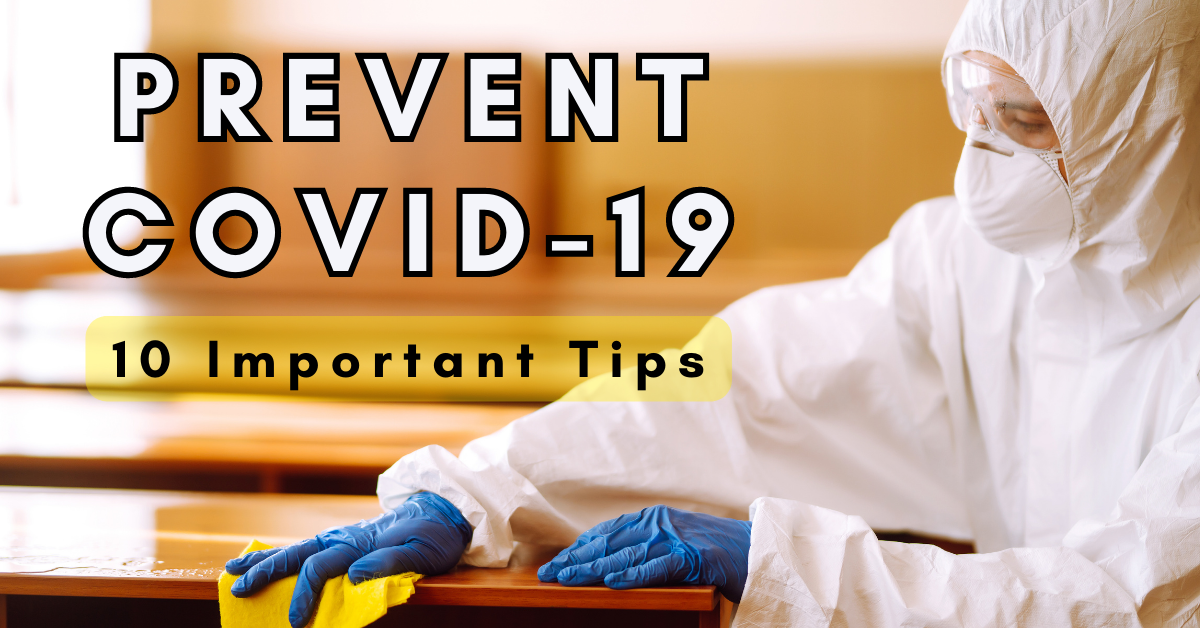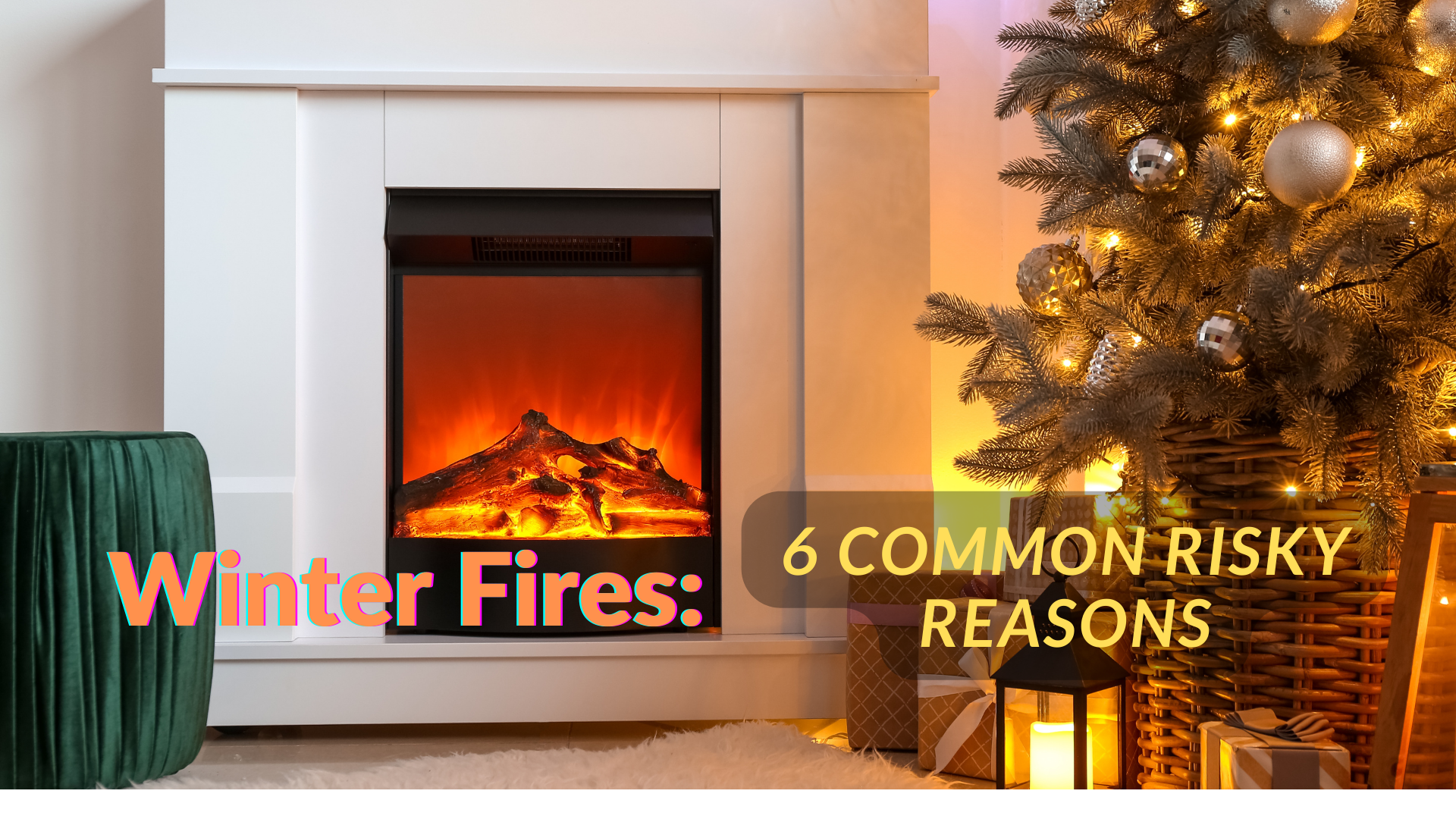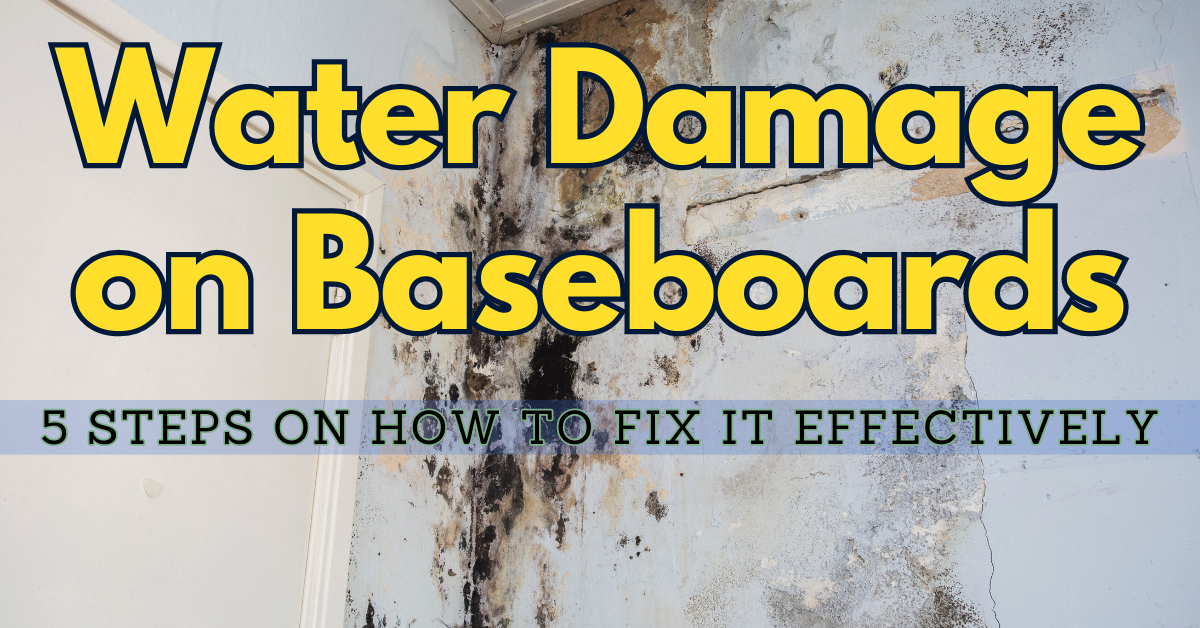Kitchen water damage can be a serious issue that can cause significant damage to building materials and lead to various problems such as mold growth, rot, and structural damage. Common sources of water damage in the kitchen include leaks from supply lines, burst pipes, water seeping through the garbage disposal or kitchen sink, and excess water from spills or leaks that go unnoticed.
In this article, we will explore the causes, signs, and prevention of kitchen water damage, including the impact on cabinets and other building materials.
Causes of Kitchen Water Damage
There are several potential causes of water damage in the kitchen.
- One common cause is a leak from supply lines that provide water to appliances such as the dishwasher or refrigerator. These lines can deteriorate over time and develop leaks, leading to water seeping into the surrounding areas, including cabinets and flooring.
- Another common cause of kitchen water damage is a burst pipe, which can release a large volume of water and quickly cause extensive damage to cabinets, walls, and floors.
- Water can also infiltrate into cabinets and other areas through the garbage disposal or kitchen sink, especially if they are not properly sealed or have worn-out parts.
- Additionally, spills or leaks from kitchen appliances or plumbing fixtures that go unnoticed for a prolonged period of time can also result in water damage to building materials such as particle boards or wooden cabinets.
Signs of Water Damage in the Kitchen
It’s important to be vigilant for signs of water damage in the kitchen, as catching the problem early can help prevent further damage and the need for costly repairs or replacement. Some common signs of water damage in the kitchen include:
- Water stains or discoloration on walls, floors, or ceilings near the kitchen sink, dishwasher, or refrigerator.
- Soft, swollen, or warped cabinet doors, especially near the bottom where water may accumulate.
- A musty or moldy smell coming from cabinets or other areas of the kitchen.
- Peeling or bubbling paint or wallpaper near plumbing fixtures or appliances.
- Warped or buckled flooring near the sink or dishwasher.
- Visible mold or mildew growth on cabinets, walls, or other surfaces.
- Water pooling or standing water under or around cabinets or appliances.
If any of these signs are present, it’s important to address the issue promptly to prevent further damage and potential health hazards from mold and mildew growth.
Prevention Tips
Prevention is key when it comes to kitchen water damage. Here are some tips to help you prevent water damage in your kitchen:
- Regularly inspect and maintain supply lines: Check supply lines for signs of wear and tear, such as cracks, leaks, or bulging, and replace them if needed. Regularly inspect and tighten connections to prevent leaks.
- Keep the kitchen sink and garbage disposal in good condition: Avoid pouring grease, oil, or other liquids down the drain that can clog pipes or cause damage to the garbage disposal. Clean the garbage disposal regularly and ensure it is properly sealed to prevent water from seeping through.
- Be mindful of spills and leaks: Clean up spills and leaks immediately and thoroughly to prevent water from seeping into cabinets, floors, and other building materials. Use mats or trays under appliances and plumbing fixtures to catch any leaks.
- Install proper ventilation: Proper ventilation in the kitchen can help prevent excess moisture from accumulating, which can lead to mold and mildew growth. Make sure your kitchen has adequate ventilation through exhaust fans or range hoods.
- Inspect cabinets and building materials: Regularly inspect cabinets, walls, and flooring in your kitchen for any signs of water damage, such as stains, warping, or discoloration. Address any issues promptly to prevent further damage.
- Consider water-resistant building materials: When renovating or remodeling your kitchen, consider using water-resistant building materials, such as moisture-resistant particle boards or waterproof flooring, to minimize the risk of water damage.
Seek Help for Kitchen Water Damage Issues
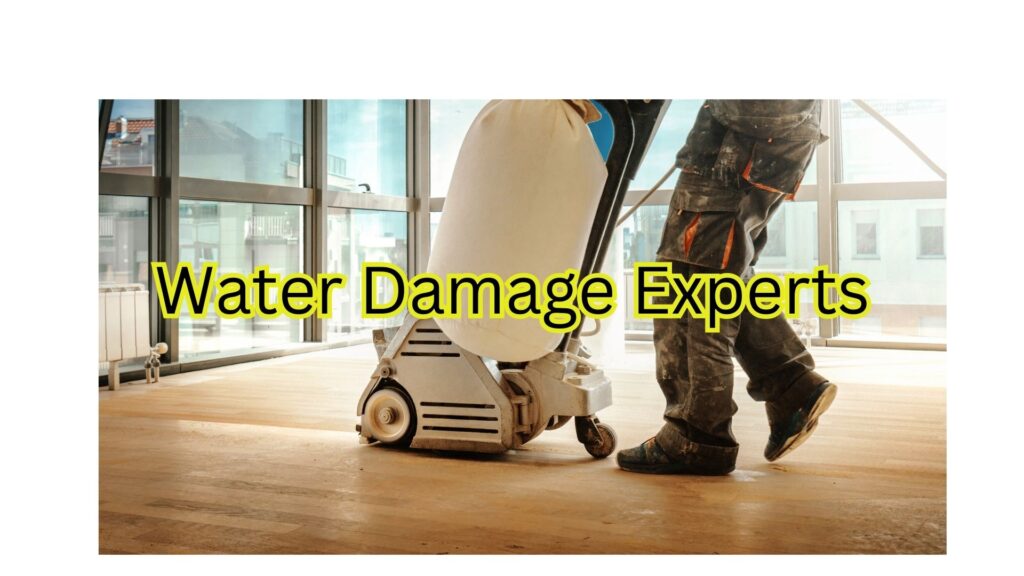
Kitchen water damage can be a serious issue that can lead to extensive damage to cabinets and other building materials if not addressed promptly. If you do experience water damage, it’s important to seek professional help from water damage experts like Superior Restoration. Call Water Damage Irvine, today!


